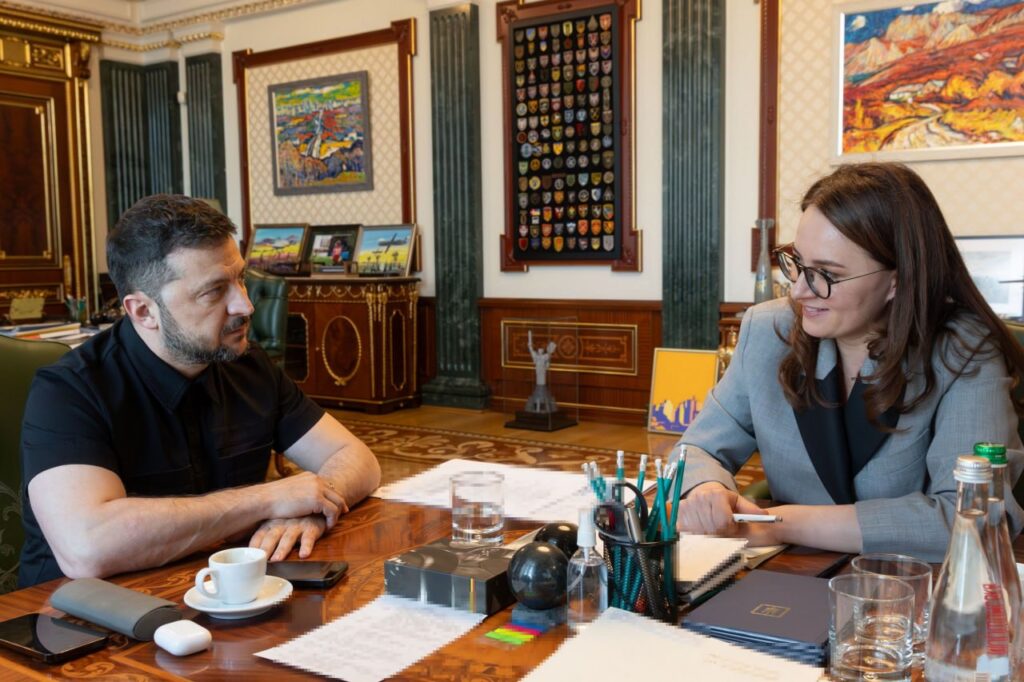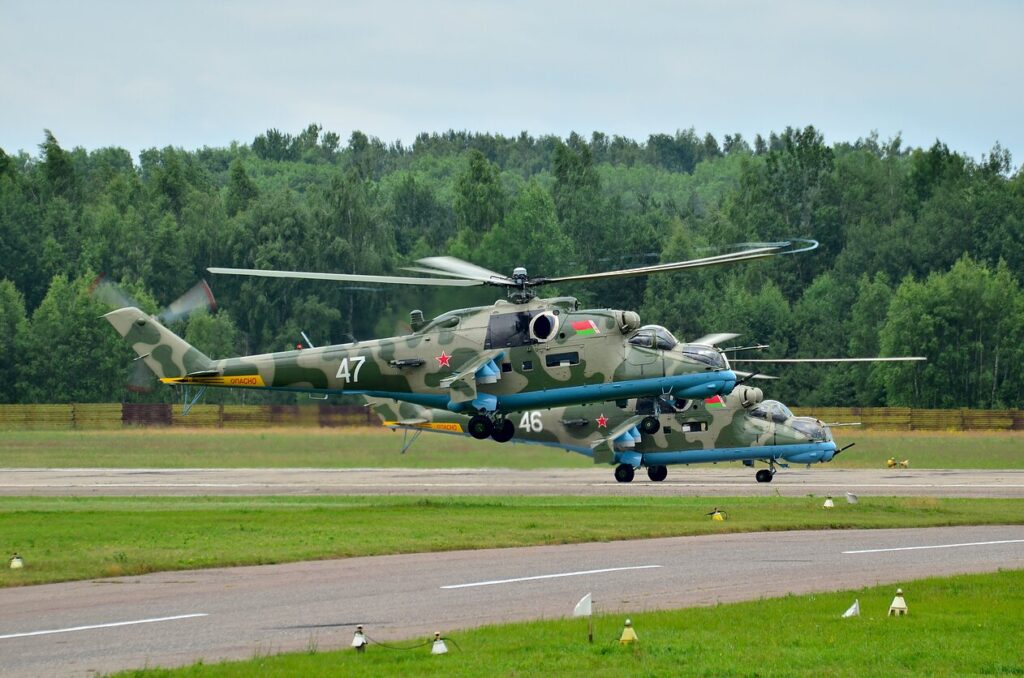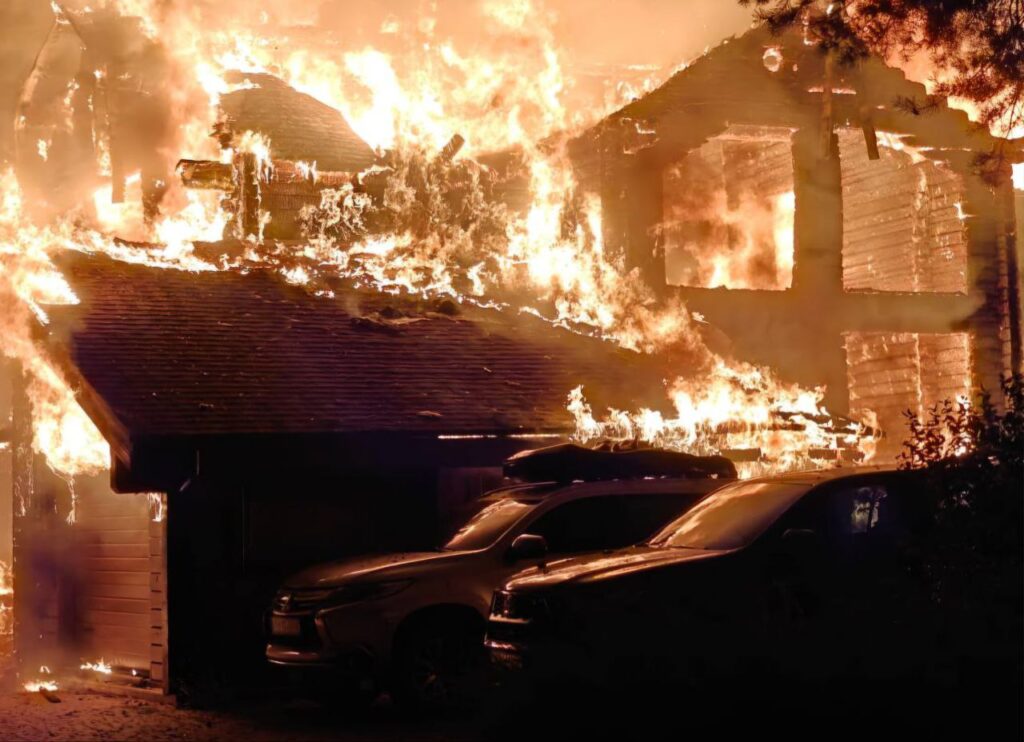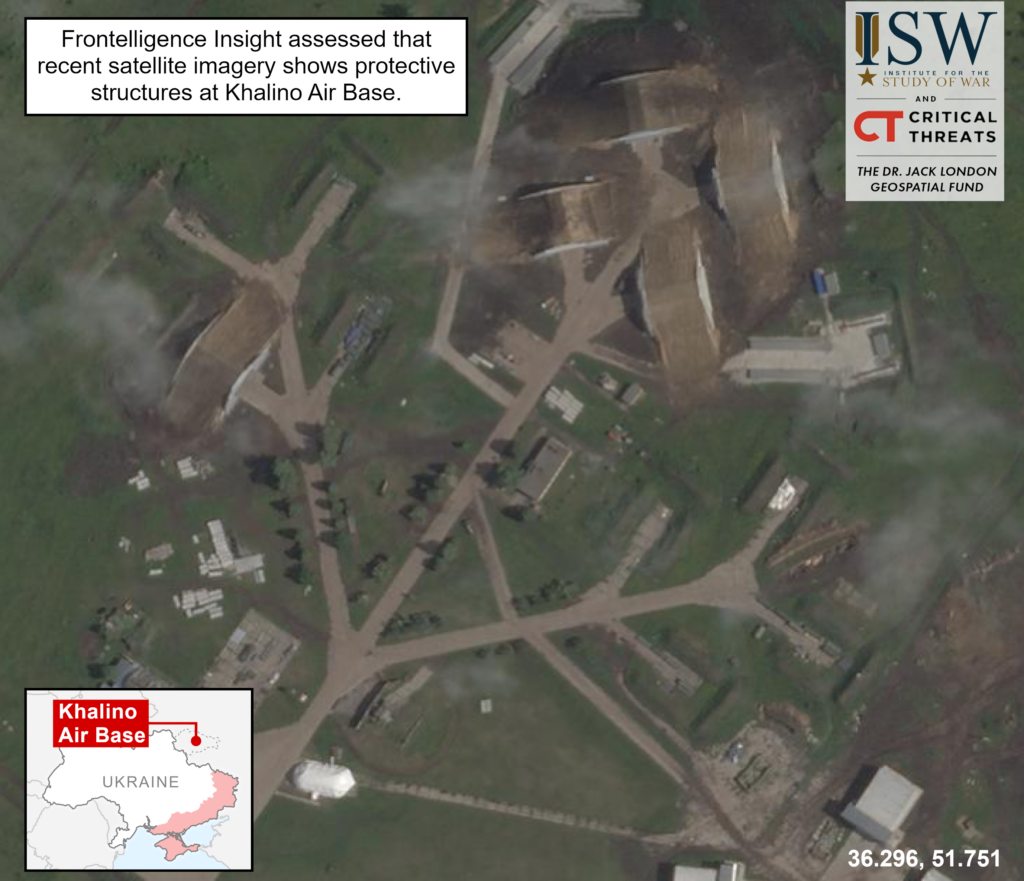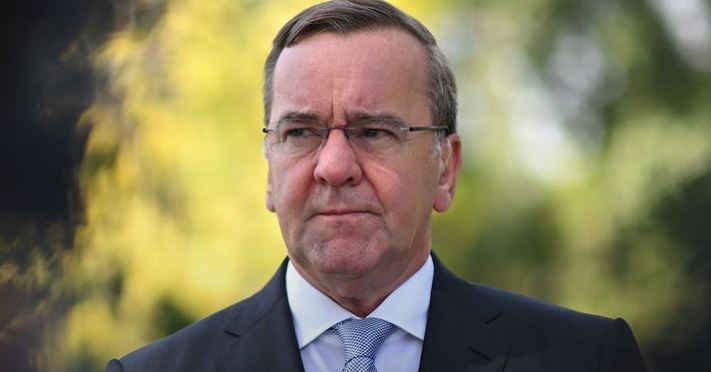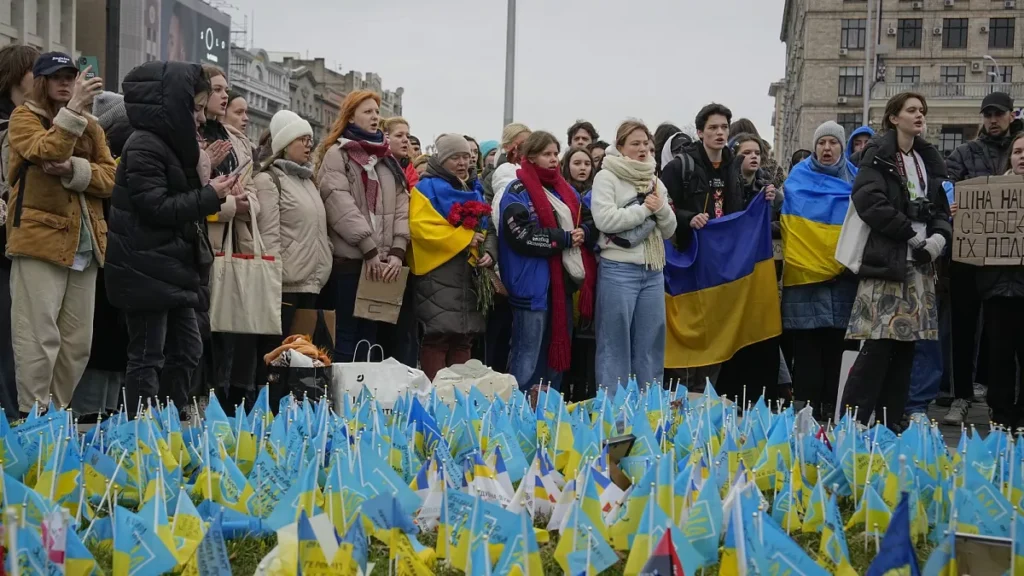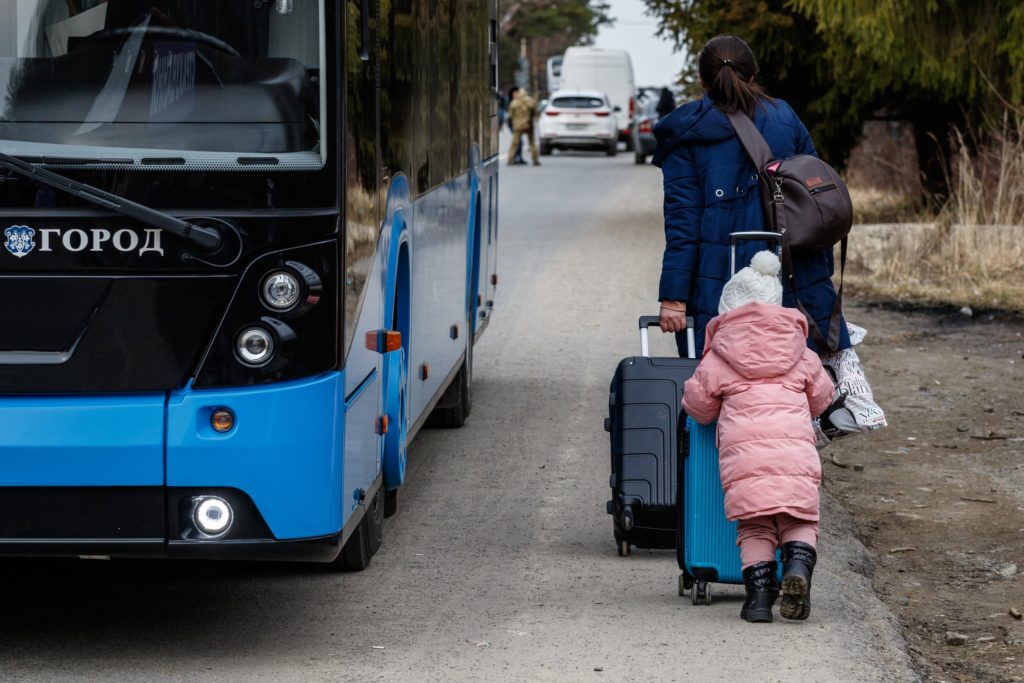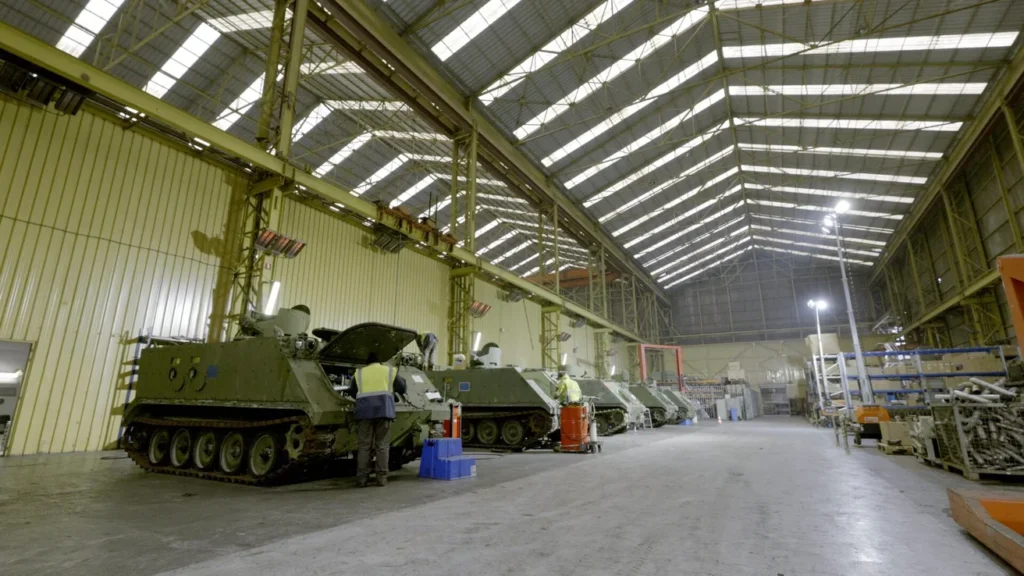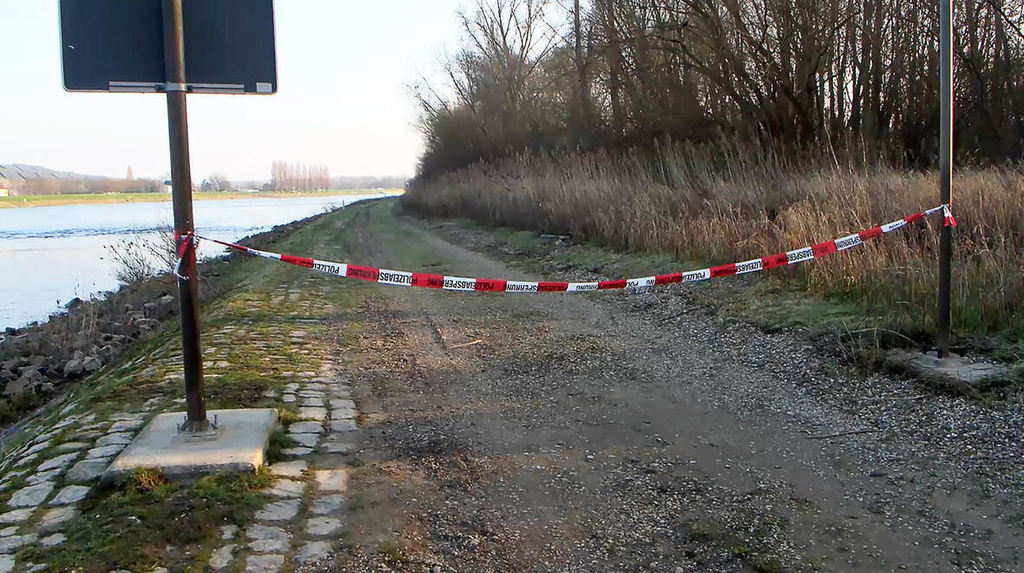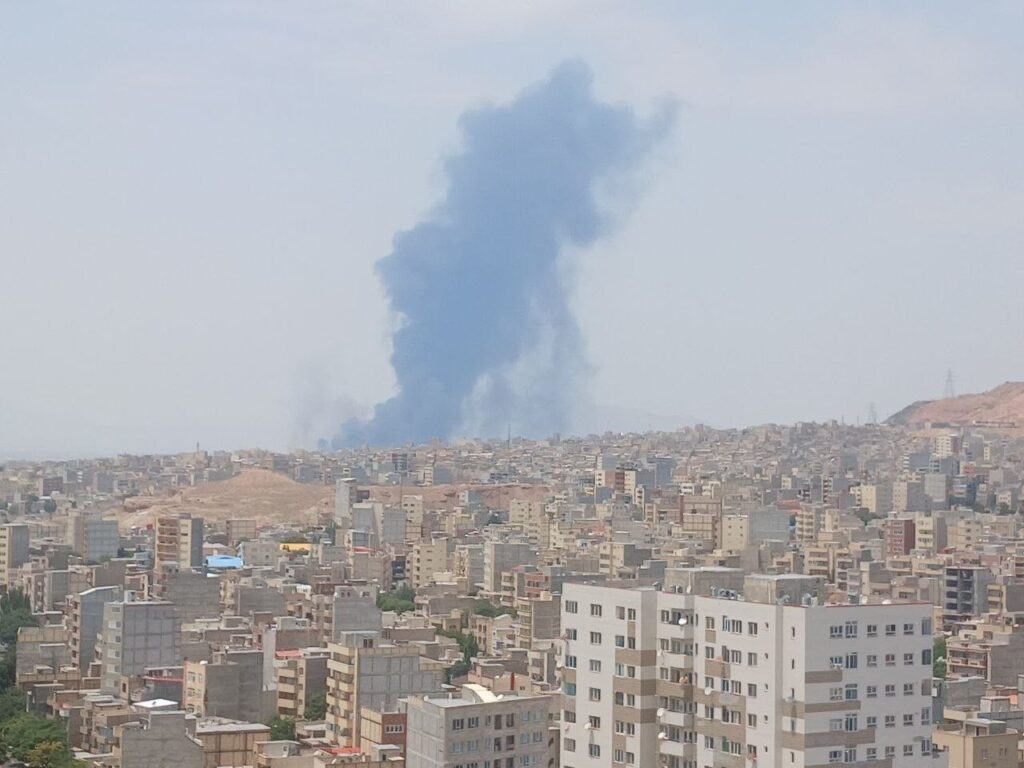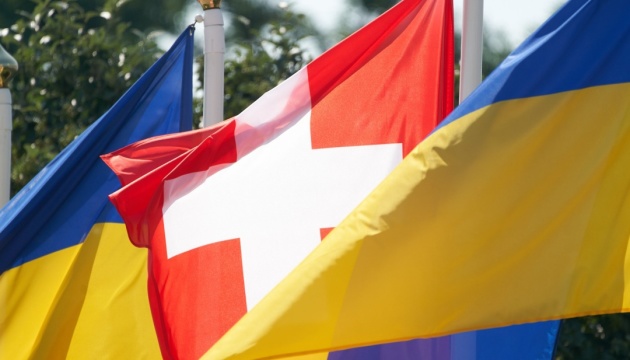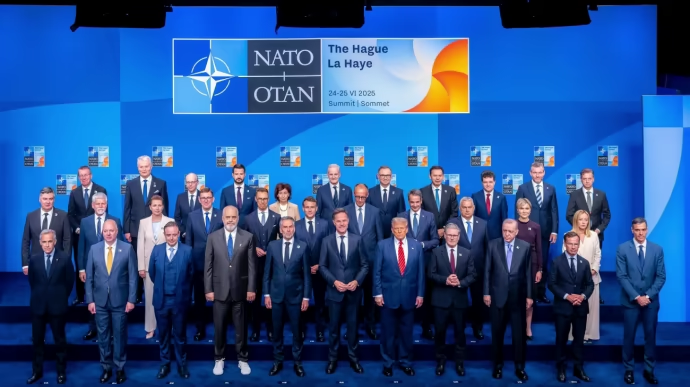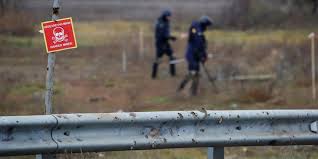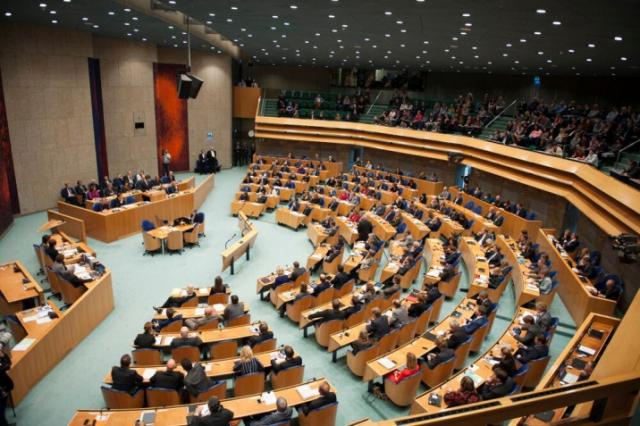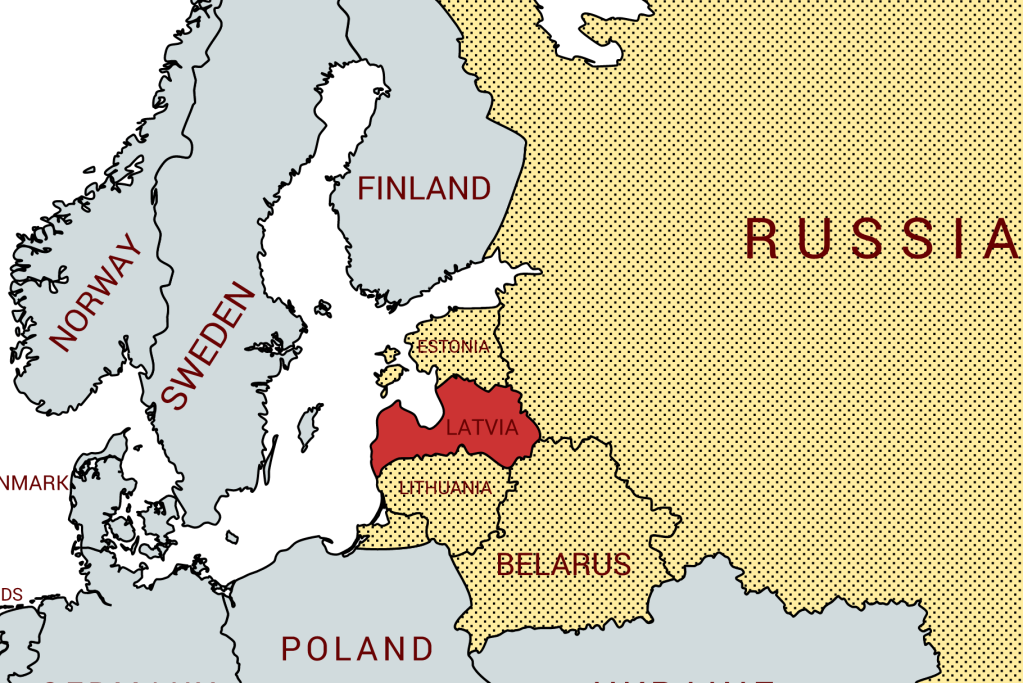
A new survey reveals shifting attitudes among Polish citizens toward supporting Ukraine, with 46% of respondents believing military aid should be reduced or suspended, according to a poll commissioned by Defence24 and Stand With Ukraine.
The nationwide survey, conducted by the Institute for Market and Social Research (IBRiS) in June 2025, shows that while 52% of Poles support continued diplomatic backing for Ukraine on the international stage, enthusiasm for deeper engagement has cooled significantly since the war began.
“Today, 46% of respondents believe that military aid should be reduced or suspended,” the poll found, with Poles citing concerns about “the risk of further disarming their own army” and doubts about transparency in aid distribution.
The reluctance extends to potential peacekeeping missions, with only 15% supporting the idea of sending Polish soldiers to Ukraine in the future, while 64% oppose such deployment.
Growing war fatigue and calls for negotiations
The survey reveals widespread skepticism about a quick end to the conflict. Only 14% of respondents believe fighting will end in 2025 through peace or a lasting ceasefire, while 41% consider such a scenario unlikely.
Despite this pessimism, 62% of Poles believe Ukraine should begin peace negotiations with Russia. However, only 28% think Ukraine should agree to halt military operations without receiving security guarantees from NATO.
“Poles do not reject the idea of an agreement, but expect it to be based on lasting safeguards – not an illusory truce,” the report states.
A decisive 74% of respondents insist that any potential peace talks between the United States and Russia must include Ukraine at the negotiating table, with only 14% considering Ukrainian participation unnecessary.
Security concerns drive domestic priorities
Polish anxiety about Russian threats appears to be driving the shift in attitudes. The poll shows 75% support NATO strengthening its eastern flank in preparation for possible Russian aggression, with only 11% opposing such measures.
When asked about specific attack scenarios, 24% of respondents consider a Russian attack on Poland probable – the highest percentage for any NATO country in the survey. An attack on the Baltic states was deemed likely by 18% of respondents.
The poll suggests Poles believe any Russian attack would come after the Ukraine war ends, when Moscow could “test” NATO’s defensive capabilities in other regions.
Defense spending and military readiness
Polish concerns about their country’s preparedness are stark. Only 8% rate Poland’s war preparation as “good,” while just 9% consider the equipment of Polish armed forces sufficient in case of Russian aggression.
Half of the respondents support increasing defense spending, while 30% want it maintained at current levels. Only 5% favor reducing military expenditure.
Support for stronger domestic defense measures is substantial: 42% back restoring mandatory military service for men, 72% support mandatory crisis management training for civilians, and 69% favor mandatory military or defense training for school students.
However, when asked whether they would volunteer for military service if Poland were attacked, only 23% answered yes, while 51% said no and 26% had no opinion.
Information warfare concerns
The survey reveals heightened awareness of Russian information operations. A decisive majority of respondents believe Russian influence through disinformation, propaganda, and intelligence activities is present in Polish media.
Poles identify various forms of hybrid warfare including “troll farm” activity on social media, distribution of fake news, impersonation of public institutions through false SMS and email messages, and disruption of digital infrastructure including GPS systems.
EU and NATO membership for Ukraine loses support
Ukrainian integration into Western structures no longer enjoys clear backing from Polish society. Only 35% support Ukrainian EU membership while 42% oppose it. NATO membership for Ukraine has 37% support against 42% opposition.
Arguments against include concerns about unfair economic competition, corruption problems, and risks of conflict escalation through military integration.
Economic support for Ukraine also faces resistance, with only 35% of respondents accepting continued economic aid while 44% oppose it.
Despite reduced enthusiasm for aid, 44% of Poles still believe their country’s support for Ukraine improves Poland’s own security, while 37% disagree.
The poll was conducted by IBRiS on behalf of the Stand With Ukraine Foundation and Defence24 portal, surveying Polish public opinion on key issues related to the war in Ukraine, assessment of support provided to Kyiv, evaluation of Poland’s defense readiness, and concerns about Russian threats.
Read also:
Norway to provide $ 6 million to support women’s organisations in Ukraine
Putin overstretched: Russia withdraws forces from Kaliningrad, Poland says
Poland detects GPS disruptions over the Baltic Sea and links it to Russia’s actions
You could close this page. Or you could join our community and help us produce more materials like this.
We keep our reporting open and accessible to everyone because we believe in the power of free information. This is why our small, cost-effective team depends on the support of readers like you to bring deliver timely news, quality analysis, and on-the-ground reports about Russia's war against Ukraine and Ukraine's struggle to build a democratic society.
Become a patron or see other ways to
support.
